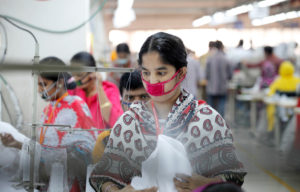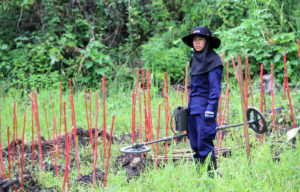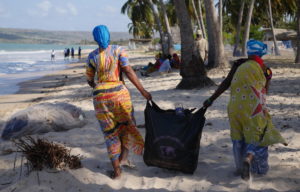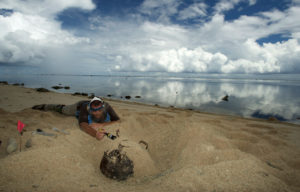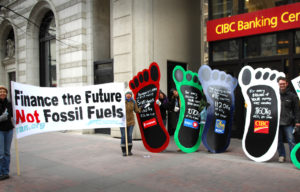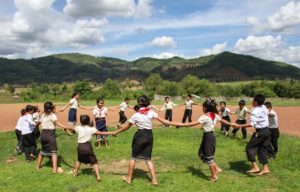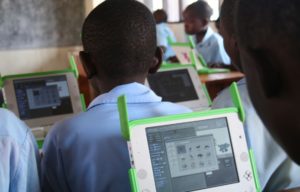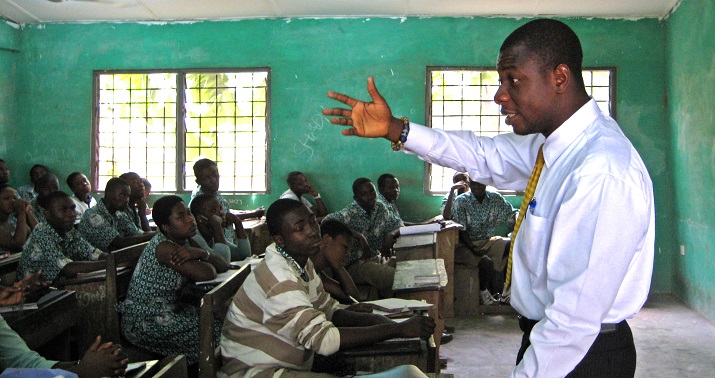
Photo: makeroadssafe / CC BY
Ghana’s Oil Contributes To Better Education
Oil for Food and Education has raised almost 600 million Danish kroner.
Share
Other categories
Region: Africa
Theme: Children & Youth, Work
Oil, iron, copper and much more. The natural resources of African continent are plentiful, but too often this wealth does not favour the African population. Instead, the profits benefit the few: the elite or foreign-owned companies. But some countries are leading the way and ensuring that the natural resources are used to develop society and improve the population’s standard of living. Most recently Ghana has taken a huge step in this direction.
In the autumn of 2013, the Africa Centre for Energy Policy (ACEP) and Ghana’s agricultural movement spearheaded a campaign called ‘Oil for Food and Education’. This included radio debates, dialogue with public servants and politicians, and the collection of 38,000 signatures on a petition. Civil society demanded that a larger part of the country’s oil revenue should be used for education and agriculture.
Ghana’s politicians listened. As a result, in 2014 agriculture was granted roughly 330 million Danish kroner, while the educational sector received a subsidy of 264 million Danish kroner. A significant improvement compared to 2013, when agriculture received 10 million Danish kroner from oil incomes, while the educational sector did not receive anything.
A great success
ACEP is very content even though the goal was not fully achieved.
‘It is a huge success, even though the campaign did not achieve its aim entirely. We will keep working hard at making 35% of the oil income go to education and agriculture’,says Benjamin Boakye, programme manager at ACEP.
The Danish development organization, ISIS, which cooperates with ACEP in Ghana, is also very excited.
‘It is a very positive thing when civil society plays an active part and the government listens. This is a classic example of how extracting oil can generate growth’,explains Morten Blomqvist, political advisor in IBIS.
At the same time, Ghana has adopted a new law that defines how much of the oil income should be spent in the annual budget, how much has to be invested and how much saved up for hard times. The law also entails that it is possible to keep tabs on how the money is spent. Hence the Ghanaians have gained a unique opportunity to hold their government responsible and have an impact on what it takes to create a good country.
